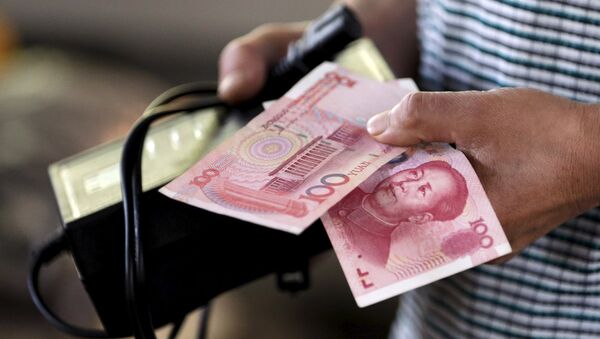The blacklist is part of Beijing's efforts to increase public ‘trustworthiness' of its social credit system, assigning every citizen and business entity a personal score, the South China Morning Post (SCMP) reported.
According to the 2018 annual report recently published by China's National Public Credit Information Center (NPCIC), about 17.46 million people in the country are currently not permitted to buy plane tickets and 5.47 million people are restricted from purchasing tickets on high-speed trains.
In addition, over 3.59 million Chinese enterprises remain blacklisted, preventing them from bidding on projects, accessing securities markets, taking part in land auctions and issuing corporate bonds.
The report states that Chinese authorities gathered over 14.21 million pieces of intel regarding ‘untrustworthy conduct' by individuals and businesses, which includes swindling customers, failing to repay loans, illegal fund collection, false and misleading advertising, as well as improper behaviour such as taking reserved seats on trains or causing issues in hospitals.
An additional 3.51 million "untrustworthy" individuals and entities paid taxes or fines last year due to liabilities under the country's social credit system, the report adds.
Of those 3.51 million, 1,282 were peer-to-peer lending platforms located in Zhejiang, Guangdong and Shanghai. Peer-to-peer (P2P) lending, is the practice of lending money to businesses or people through online services matching lenders with borrowers. P2P lending platforms blacklisted in China were unable to repay investors or were convicted in illegal fundraising.




